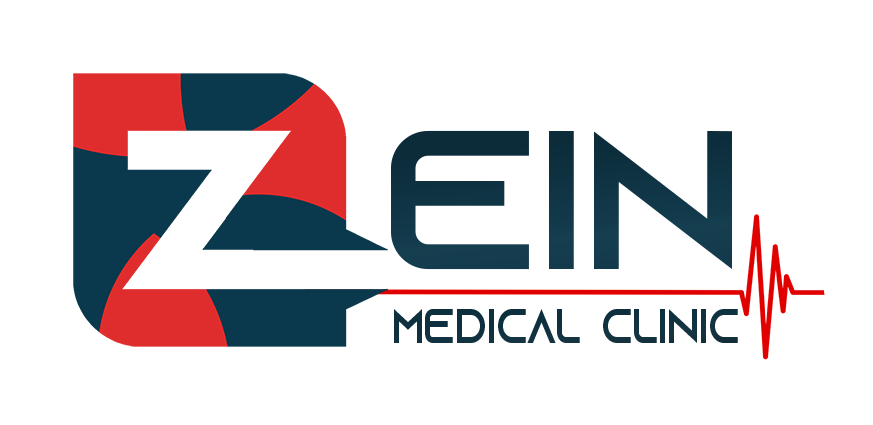Hysterectomy Surgery
Hysterectomy Surgery ,The uterus Is the organ located In the lower part of the abdomen, in which the fetus grows and Is nourished
and it Is considered a very important member of the female system.
With Its loss, the woman loses all her chances of having children, which may negatively affect her psychological state
so she feels that she has lost a large part of her femininity. However, there are some medical conditions that require a hysterectomy.
Table of contents
What is a hysterectomy
It is a surgical procedure In which the uterus is removed by a gynecologist. Removal of the uterus in many cases may include the removal of the cervix, ovaries, fallopian tubes, and some surrounding structures. It may be a complete or partial hysterectomy.
Is Hysterectomy Surgery dangerous
A removal of the uterus Is generally safe, but as with any major surgery there is a possibility of some complications, including:
- Infection.
- Bleeding.
- Coagulation.
- Injury to the bladder or intestines during the operation.
- Injury to the ureter.
- Ovarian damage.
- Early menopause.
- Sensitivity to anesthetics.
What are the reasons that drive the woman to remove the uterus
There are several medical conditions that require hysterectomy, including:
- Cancer of the female reproductive system.
- Fibroids in some cases that are large in size and show symptoms.
- Endometriosis.
- Prolapse of the uterus In some cases.
- Heavy vaginal bleeding with irregular menstrual cycles, after all methods failed to cure It.
- Chronic pain In the pelvic area.
What is the success rate of hysterectomy
The success rate of hysterectomy is about 95% or more, and most clinical trials indicate that women with cancers of the uterus and reproductive organs continue to live without the cancer returning after undergoing laparoscopic or surgical hysterectomy.
Does the uterus grow after eradication
There is no scientific evidence to show that the uterus re-growth after its removal. In fact, the small and large Intestine fill most of the space occupied by the uterus, which causes side effects on women’s sexual health and reproductive ability.
Side effects after hysterectomy
- Entering menopause.
- A change In sexual desire, as they have less desire to engage in intimacy, especially If the doctor had to remove the ovaries
- Increased risk of diseases such as bone loss, heart disease, and urinary incontinence.
- Vaginal dryness.
What are the Instructions to be followed after the removal of the uterus
After the hysterectomy, there are things that must be followed to get out of the recovery stage, and they are:
- Rest and avoid doing housework.
- Eat a healthy balanced diet.
- Not carrying heavy weights.
- Take pain relievers.
- Practicing walking.
- Abstain from sexual intercourse for a period of six weeks.
- Not to drive a car during the recovery period.
- Stay away from smoking.
- Follow up with the specialist and abide by his Instructions.
What is the appropriate diet after a hysterectomy
It Is preferable that the patient’s diet after hysterectomy contains:
- Fiber: oats, fruits, vegetables, legumes and lentils.
- Proteins and fats: chicken, turkey, eggs, nuts, almonds, dairy products and fish.
- Foods containing calcium: broccoli and grains.
- Fluids: Fluids are one of the most important elements, especially water. It Is recommended to drink ten glasses of water a day. It is also recommended to drink fruit juices and tea.
- Unsuitable foods: spicy food, fatty foods, alcohol and caffeinated drinks.
Cost Hysterectomy
The cost of hysterectomy varies according to the patient’s condition,
so please contact us and we will provide you with a price quote.
This content has been approved by Zein Clinic doctors
To contact the doctor and provide a free consultation click here
Did you like our topic? You can share it with your friends now!


 واتساب
واتساب